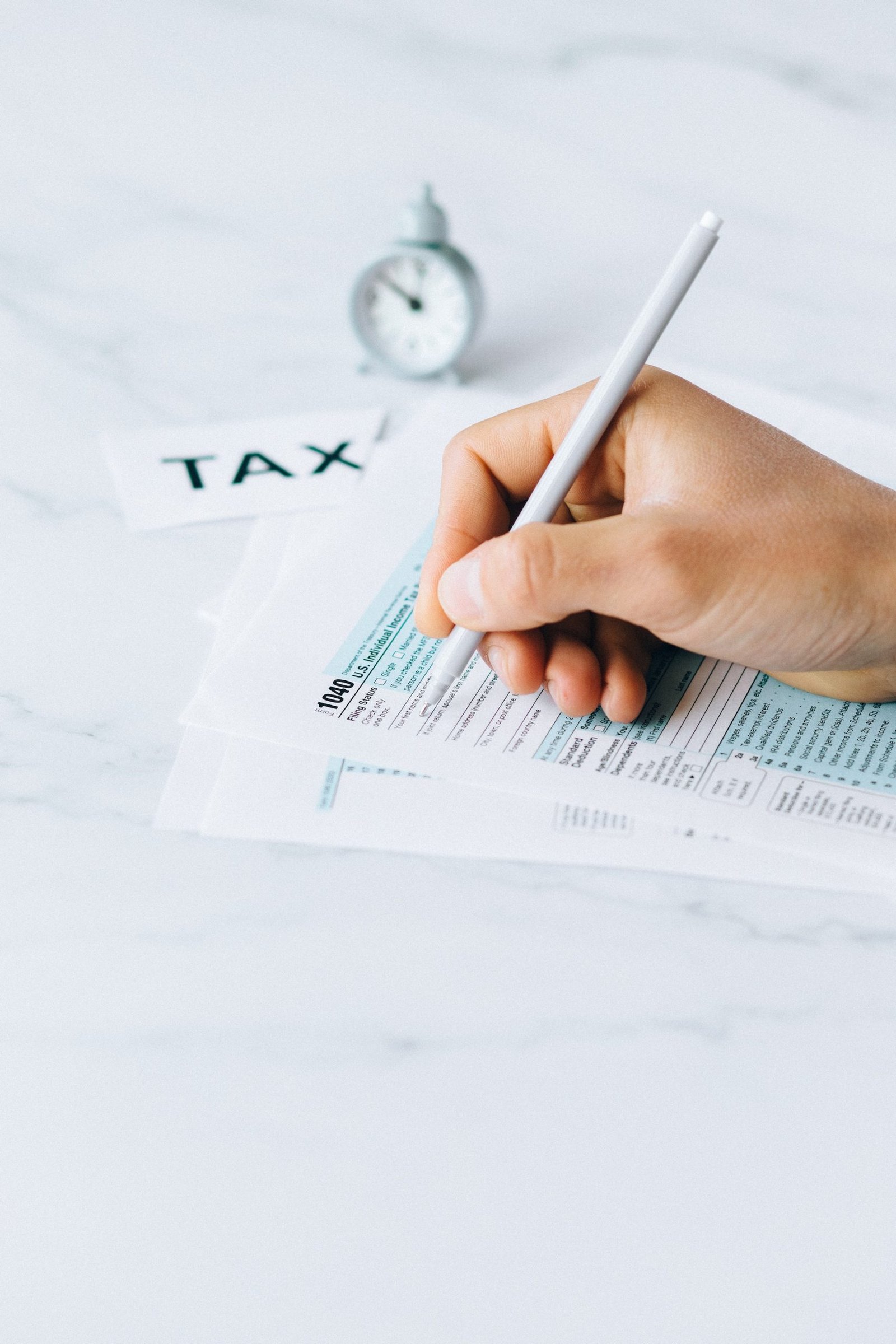Real Estate
Assisting you in enhancing your financial profile

Tax accounting and return services for self-employed individuals and real estate professionals
As a self-employed business owner or sole proprietor, you have the autonomy to run your own business. However, this also means facing additional taxes and reporting obligations. Don't worry; we have helped numerous self-employed business owners complete their tax returns.
Being a sole proprietor means you and your business are considered a single entity for tax purposes. While this offers certain freedoms, it also comes with added responsibilities. Our team is here to guide you through the process, ensuring compliance with tax regulations and identifying potential business tax deductions.
Under the existing income tax legislation, the business fiscal year-end is mandated to be December 31. For self-employed individuals, income tax is due by April 30 after the December 31 year-end. However, the personal income tax return, which includes the proprietorship, has a filing deadline of June 15. Additionally, quarterly installments for income tax and Canada Pension Plan may be necessary for the proprietorship.
As a sole proprietor, your self-employed income tax return must incorporate financial statements of one or more of the following applicable forms:

Opt for Professional Remote Bookkeeping Services in the Greater Toronto area.
Explore the tax breaks available to self-employed individuals when filing their tax returns.
Utilize income splitting with family members.
If your spouse, children, or other family members have contributed to your self-employed business by performing certain tasks, you can justify paying them a salary or wages. However, to be deductible against your business income on your self-employed tax return, the amounts you pay must be reasonable for the work completed.
Deduct home office expenses for business purposes.
If your home office serves as your main place of business or is regularly used to meet clients, you can claim a portion of various costs on your self-employed tax return. These expenses include items such as mortgage interest, property taxes, home insurance, utilities, repairs and maintenance, and landscaping, among others. However, you cannot generate or increase a loss from your business activities when deducting home office expenses. Nonetheless, you may be able to reduce your taxable income to zero using these deductions. If your home office expenses exceed your income, any excess can be carried forward to offset future business income on your self-employed tax return.
Claim deductions for other self-employed business expenses.
As a self-employed individual, you have the opportunity to deduct reasonable costs incurred to generate income from your business on your personal tax return. Although certain expenses may have restrictions, the list of deductible expenses is extensive. Don't overlook deductions for items such as advertising and promotion, meals and entertainment (typically 50% deductible), memberships, subscriptions, licenses, office supplies, salaries, and wages (including payments to family members), telephone expenses, vehicle costs (including gas, insurance, registration, repairs, loan interest, lease expenses, automobile club dues, and car washes), and more.
For a comprehensive list of deductible business expenses to claim on your self-employed tax return , please feel free to contact us directly.
Explore the possibility of incorporating your business.
Real estate professionals in Ontario
Under the newly passed Bill 145, real estate professionals in Ontario can incorporate as of October 1st, 2020. By incorporating, realtors can take advantage of the significantly reduced corporate income tax rate in Ontario. If your business has experienced growth in size and profitability, and you believe a self-employed tax return in Toronto is no longer the most suitable option, incorporating your business might be worth considering. A small business corporation can benefit from a low tax rate on its first $500,000 of active business income (approximately 15%, but this varies by province). This approach can be advantageous, especially if you can retain some earnings in the corporation without paying them all out as salary or dividends.
Examples of individuals who may need to file their self-employed personal income tax return are:
- Realtors
- Consultants
- Doctors
- Dentists
- Small business owners
- Chiropractors
- Franchises
- Restaurants
- Massage Therapists
- Contractors
- Freelance Consultants
- IT Consultants
- Sales Professionals
For more information about self-employed tax returns and how we can support you with your filings, please contact us directly.
Owners of real estate businesses
Being in the real estate industry comes with numerous tax and reporting obligations. Managing all these financial aspects alongside your business operations can be challenging. Let us handle your finances while you concentrate on growing your business. Our services ensure you leverage available tax benefits and receive comprehensive accounting support for future growth and success. Contact Business Development Services for all your tax and accounting requirements.
No matter if you are incorporated or self-employed, Business Development Services is here to assist with your tax needs. Let's discuss how we can help build your financial profile.
